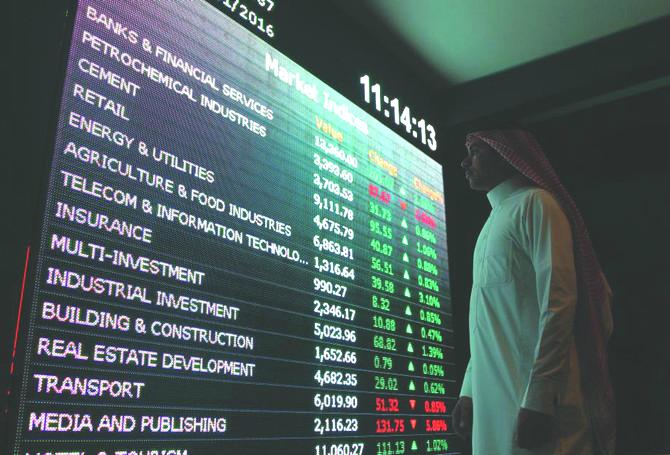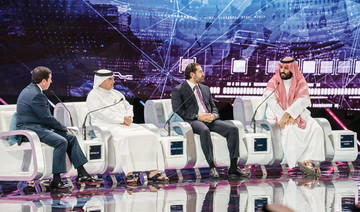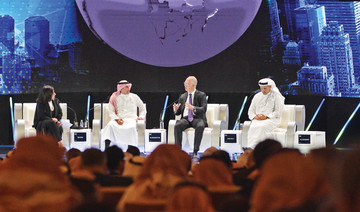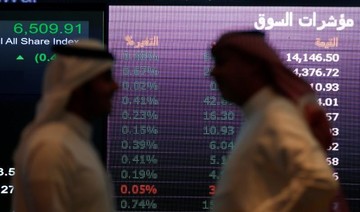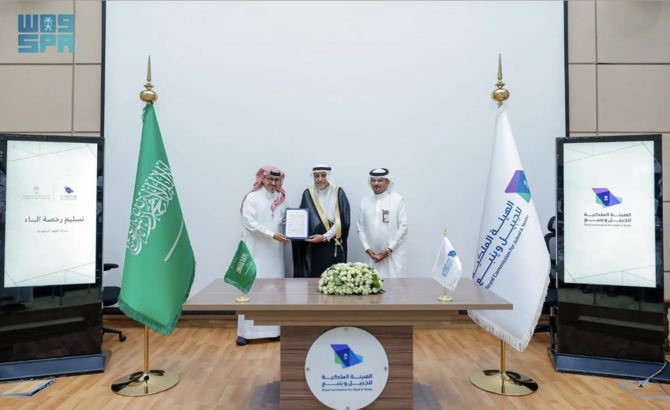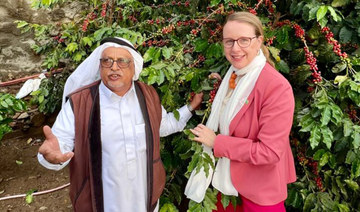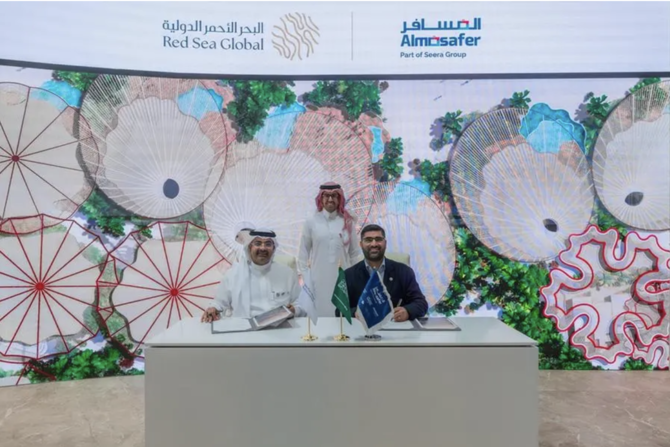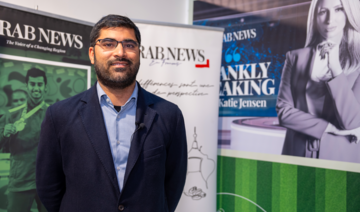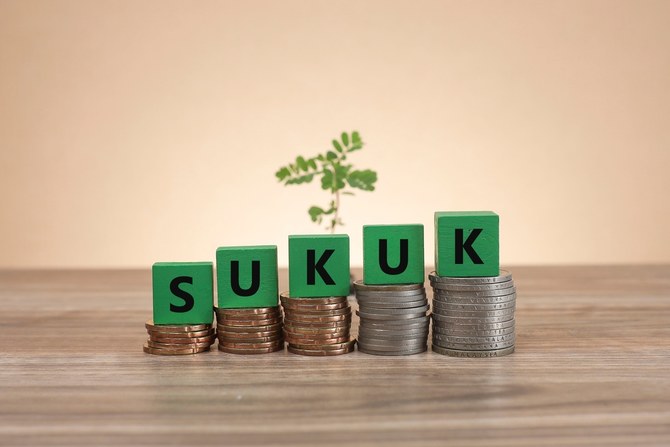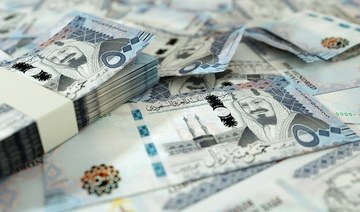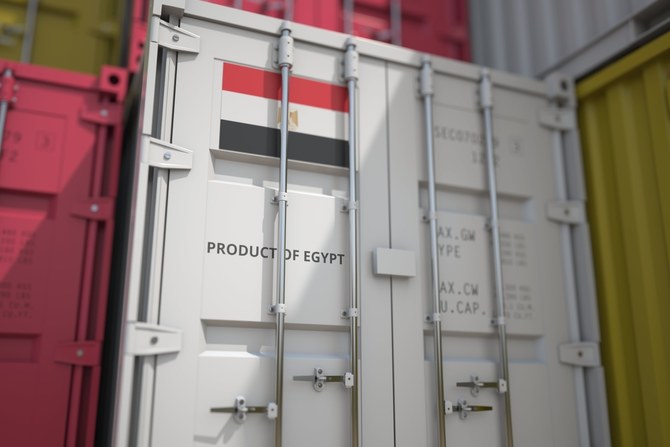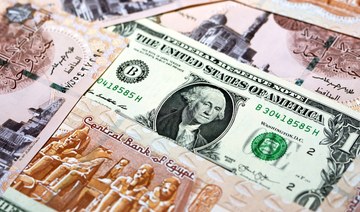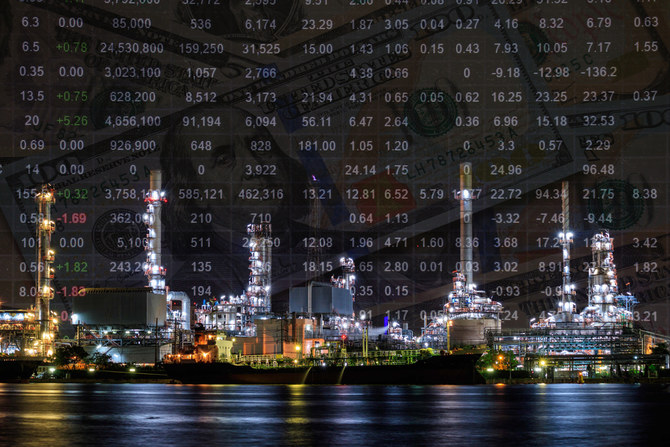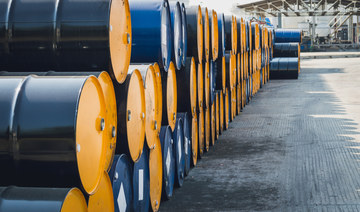LONDON: Saudi stocks surged on Thursday after Crown Prince Mohammed bin Salman addressed a global gathering of business chiefs in Riyadh.
The Tadawul gained 4.3 percent after the crown prince’s appearance at the three-day Future Investment Initiative (FII), which concluded on Thursday.
Strong corporate earnings also helped the market to outperform regional peers.
Several CEOs and politicians had boycotted the event in protest over the killing of Saudi journalist and Washington Post columnist Jamal Khashoggi at the Kingdom’s consulate.
While the still unfolding revelations surrounding that story overshadowed international coverage of the event, Saudi stocks reacted positively to comments by the crown prince that related both to the investigation into the journalist’s death as well as the Kingdom’s broader reform agenda.
Energy Minister Khalid Al-Falih also underscored the continued support of international companies that represent the Kingdom’s most important sources of foreign direct investment, such as the US.
“The US will remain a key part of the Saudi economy because the interests that tie us are bigger than what is being weakened by the failed boycotting campaign of the conference,” he said.
“All the companies which did not come have been calling us during the past 48 hours, apologizing, expressing their regret, and promising to apply to open offices (in the country) during the coming weeks and restore relationships to their norms.”
The crown prince said on Wednesday that the Kingdom would continue with reforms and spending on infrastructure and predicted that the economy would grow by 2.5 percent this year.
The Saudi stock market has been one of the region’s best performers this year following its inclusion in key emerging market indexes which has attracted investment from international fund managers.
Planned privatizations and initial public offerings, including that of state oil company Saudi Aramco, have also fueled overseas interest in Saudi-listed companies.


